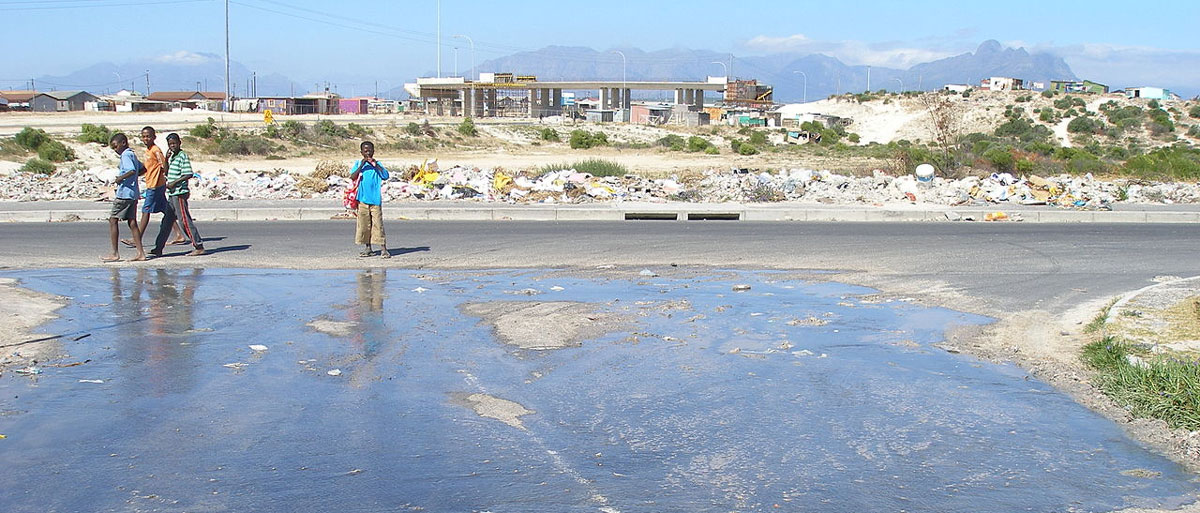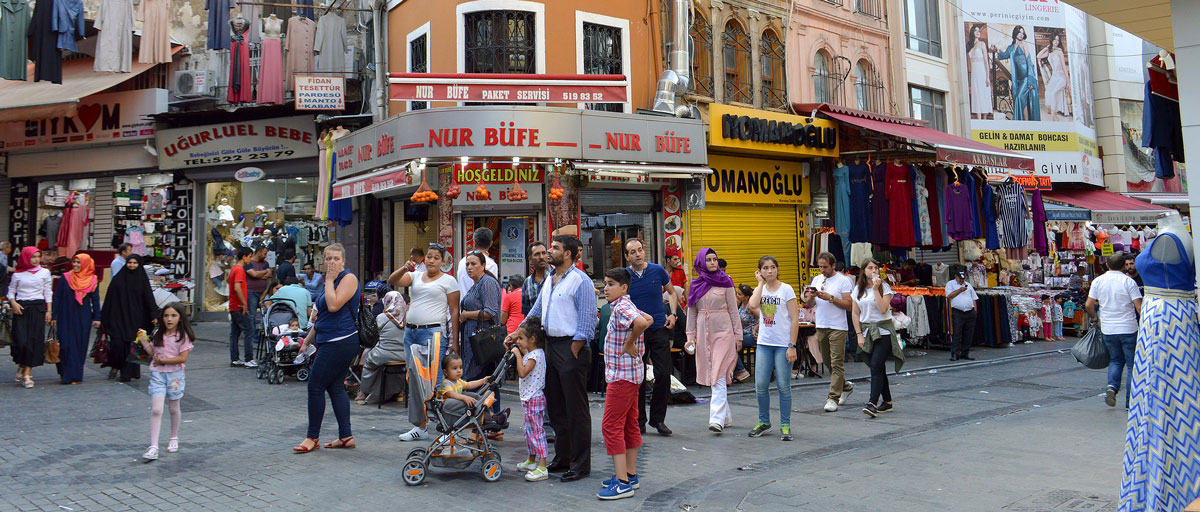TRANSFORMATIONS
In the quest to become climate neutral, beware of the unintended and undesired consequences

Good intentions can have negative unintended consequences for sustainability and equity in low- and middle-income countries (LMICs). A better understanding of interconnected social, technological, and ecological systems is crucial, according to a report commissioned by the Swedish Leadership for Sustainable Development. Photo: CGIAR Climate/Flickr
Sida-commissioned report demonstrates how good business intentions might “bite back” in low- and middle-income countries and offers insights into how to avoid it
- Businesses need to widen their sustainability scope by including the whole value chain and going beyond climate
- Such a systemic approach for business actions is crucial to prevent undesirable and unintended consequences in low- and middle-income countries
- To make a real difference, continuous collaboration and learning across the entire supply chain is key
BE OBSERVANT: In the wake of the Covid-19 pandemic many call for societal transformations towards a new model of prosperity and equity. This includes many large corporations who are ready to conduct major changes to address the climate crisis.
However, good intentions can have negative unintended consequences for sustainability and equity in low- and middle-income countries (LMICs).
This is according to a report commissioned by the Swedish Leadership for Sustainable Development (SLSD), a network made up of more than 20 companies and selected expert organisations.
The network is coordinated by Sida (The Swedish International Development Cooperation Agency) and has become a forum for accelerating implementation of Agenda 2030 internationally and ensuring no one is left behind in the transformation to a climate-neutral society.
The report was written by centre researcher Per Olsson together with centre master's student Michael Bohlin and communications advisor and researcher Fredrik Moberg.
The rapid mobilization and actions among companies are promising but we need to be observant about the direction these efforts take.
Per Olsson
The report, entitled Effects of transformations to climate-neutral societies on low-and middle-income countries, states that how we rebuild after the Covid-19 pandemic will define the equity and sustainability of our societies for decades to come.
Navigating complexity
The report concludes that a better understanding of interconnected social, technological, and ecological systems is crucial in order to navigate transformations in ways that can avoid unintended side-effects.
A number of case studies are analysed from this perspective, including shifts to plant-based diets, carbon offsetting, digitalisation, circular textiles, and green finance.
Several frameworks and tools can help assess how emission reduction activities and other sustainability efforts in high-income countries can unfold along the value chains in LMICs.
Examples include:
- The nine planetary and twelve social boundaries of the Doughnut Economics model
- Guidelines for setting science-based targets that help companies think beyond climate and extend into freshwater, biodiversity, land, and the ocean, across value chains
- Agenda 2030 Compass, the SDG Compass, Integrated Reporting, and the Good Life for All framework.
The report also addresses the need for, and gives examples of, frameworks for actions that tackle complex and “wicked” problems and support continuous learning and evaluation across entire supply chains. This includes new, and sometimes unfamiliar, ways of working together for private and public sectors as well as civil society actors.
"To achieve impact at the speed and magnitude required, such efforts must be carefully facilitated and use co-learning practices to jointly explore possible transformation pathways." says Per Olsson.









